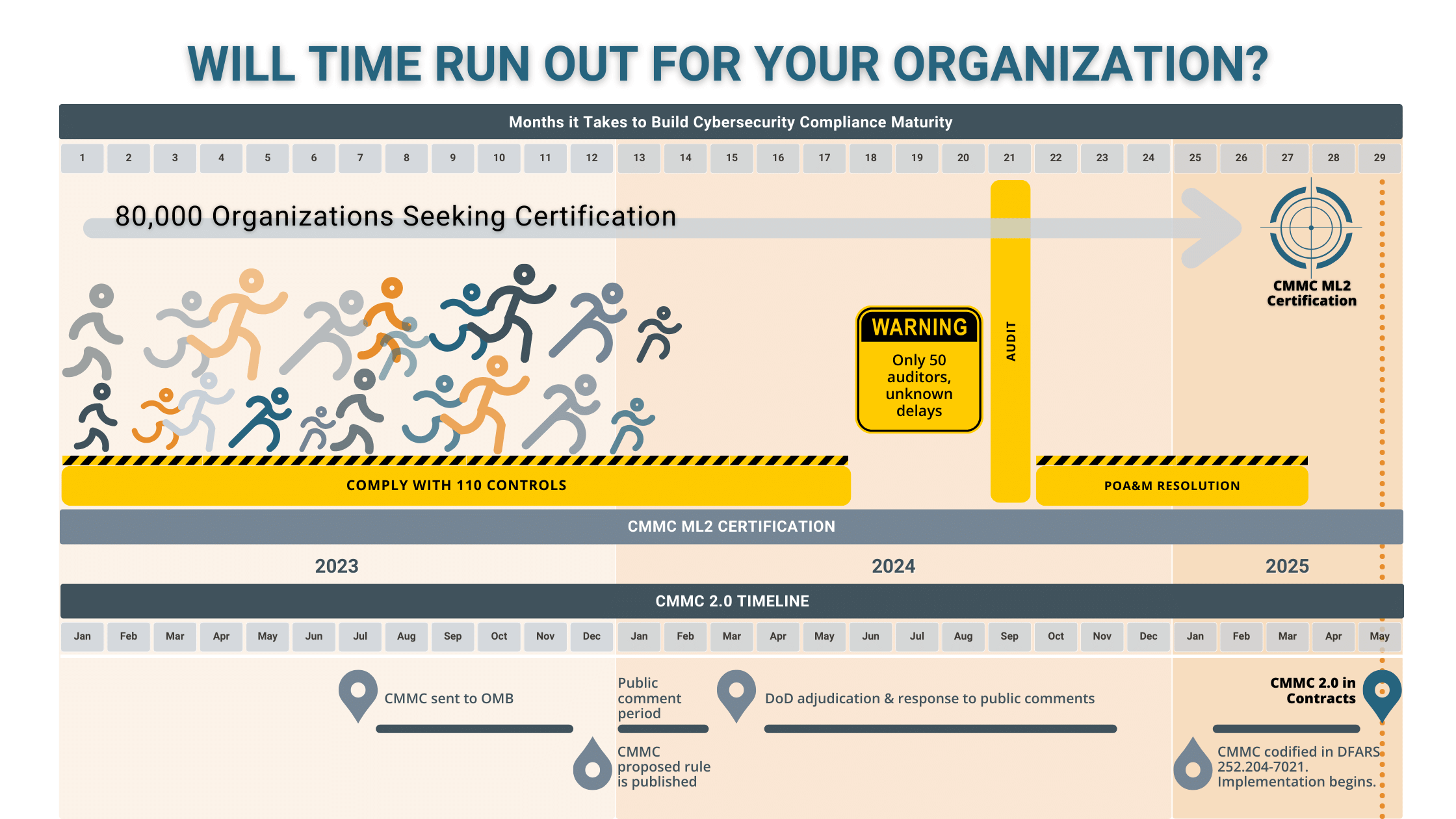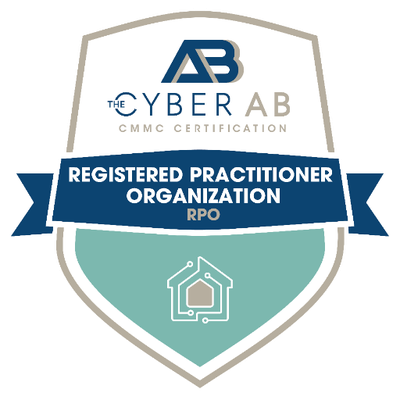For CEOs and CFOs operating within the Defense Industrial Base (DIB), ensuring compliance with the Cybersecurity Maturity Model Certification (CMMC) is a critical priority. However, navigating the complexities of CMMC audit and compliance can pose significant challenges, particularly due to the ever-changing audit rules, timelines, and requirements. Let’s explore what CEOs and CFOs need to know about these challenges and their implications for organizational cybersecurity posture.
The Compliance Conundrum: Changing Audit Rules and Timelines
One of the primary challenges faced by executives in the DIB is the constantly evolving landscape of CMMC audit rules and timelines. As the Department of Defense (DoD) continues to refine and update the requirements for CMMC compliance, organizations find themselves grappling with shifting goalposts and uncertainty surrounding audit expectations.
These changes not only create confusion but also introduce complexities in the audit preparation process. CEOs and CFOs must remain vigilant and adaptable to stay ahead of the curve, ensuring that their organizations are well-prepared to meet the latest audit requirements and timelines.
Surge Issues for Audits: A Growing Concern
Another pressing challenge in the DIB is the surge issue for CMMC audits. The surge in demand for Certified Third-Party Assessment Organizations (C3PAOs) and auditors has created bottlenecks and delays in scheduling audits, further exacerbating compliance challenges for organizations.
The surge issue not only prolongs the audit process but also hampers organizations’ ability to achieve timely certification. Delays in obtaining CMMC certification can potentially impact business operations, hinder contract opportunities, and expose organizations to regulatory risks and liabilities.
Contractual Obligations: The Compliance Mandate
Despite the challenges posed by evolving audit rules and surge issues, CMMC compliance remains a contractual obligation for organizations within the DIB and handling CUI. Many contracts with the DoD and prime contractors now require CMMC certification as a prerequisite for participation in defense-related projects and contracts.
For CEOs and CFOs, ensuring compliance with contractual obligations is paramount to maintaining business relationships and securing future opportunities within the defense industry. Failure to meet CMMC certification requirements can result in lost contracts, reputational damage, and potential legal consequences.
Implications for Organizational Cybersecurity Posture
The challenges associated with CMMC audit and compliance have far-reaching implications for organizational cybersecurity posture. As CEOs and CFOs strive to navigate the complexities of compliance requirements and audit processes, they must also prioritize investments in cybersecurity controls and practices to mitigate cyber risks and safeguard sensitive information.
Continual compliance with CMMC requirements is not only a regulatory mandate but also a strategic imperative for organizations operating within the DIB. By proactively addressing compliance challenges and enhancing cybersecurity resilience, CEOs and CFOs can protect their organizations from cyber threats and maintain a competitive edge in the defense marketplace.





